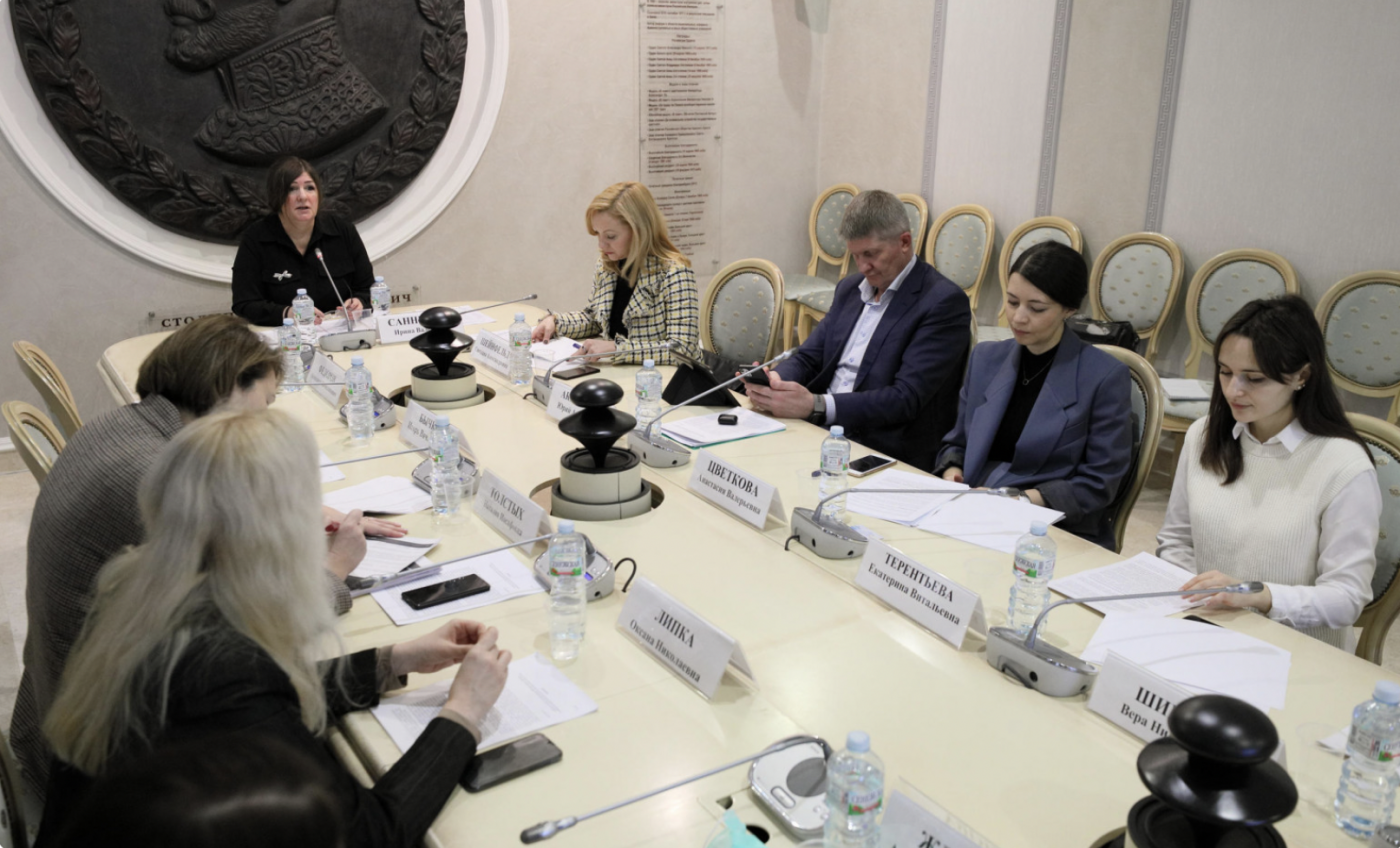Anastasia Tsvetkova, CEO of the Foundation, made a report on the analytical study of international practices of strategic environmental assessment (SEA) and business interaction with UNESCO World Natural Heritage sites as part of the round table «Strategic Environmental Assessment of the Baikal Natural Territory taking into account UNESCO recommendations: objects, participants, procedures”, which was held at the site of the Civic Chamber of the Russian Federation. The Foundation’s research is part of a large project of Ecocenter Zapovedniki LLC to assess environmental and social problems of the Baikal Natural Territory.
The Foundation analyzed the current experience of foreign companies in interacting with UNESCO World Natural Heritage sites, research and technical tasks for conducting SEA in unique natural regions of the world.
The practices of Russia, Argentina (World Natural Heritage Site – Valdez Peninsula), Spain (Donyana National Park), Sri Lanka (Sinharaja Forest Reserve), Brazil (Iguazu National Park), Cameroon (Ja Reserve), Germany (Wadden Sea), Australia (Ningaloo Reserve), Canada (Wood Buffalo Reserve) were studied. Commercial companies from various industries operate near the protected areas: from resource extraction to agriculture.
As a result , the following trends became apparent:
- foreign companies demonstrate the constant involvement of the local population in the discussion of the company’s projects, the company’s reports are based on the transfer of supported programs and allocated funds;
- in world practice, an important role is played by environmental NGOs, social movements, on whose shoulders lies the task of presenting the position of local communities, working out with business a map of the real problems of the territory and developing a balanced solution that would satisfy all interested parties, with the unconditional priority of preserving the World Natural Heritage site;
- none of the foreign companies included in the analysis ignores the fact of being near fragile ecosystems, the safety of which is monitored not only by the country’s authorities, but also by large international stakeholders. It is extremely important for Russian companies to adopt this practice and openly talk about the BPT as a UNESCO VPN facility.
The position of the experts coincided with the recommendations of the UNESCO World Heritage Commission on the need for a strategic environmental assessment of the Baikal Natural Territory.
The round table meeting was also attended by Ms. Sannikova, Deputy head of the working group on the development of the system of specially protected natural territories, animal protection and biodiversity under the Commission on Ecology and Environmental Protection of the Civic Chamber of the Russian Federation; Ms. Sheinfeld, head of the Project “Assessment of environmental and social problems of the Baikal Natural Territory”; Mr. Tolstykh, expert of the Project “Assessment of environmental and social problems of the Baikal Natural Territory” on the methodology of strategic environmental assessment and analysis of regulatory documentation; experts, scientists and representatives of public organizations and businesses, including from the Baikal region.
You cam find the recording of the round table via the link.


